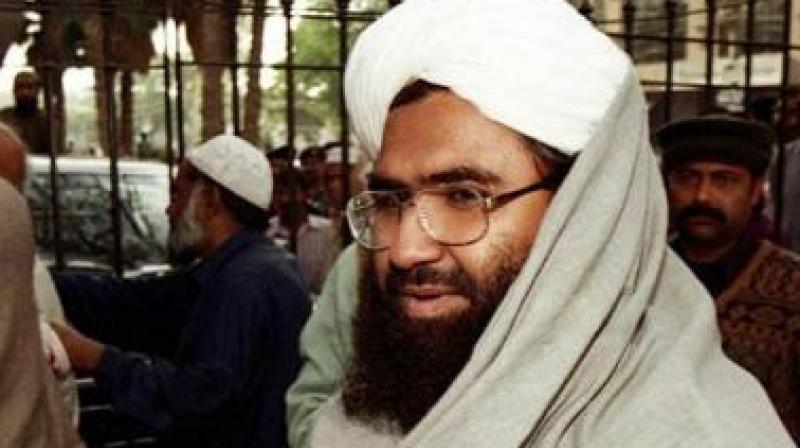
(TibetanReview.net, Feb13, 2017) – India on Feb 9 served demarches, or diplomatic missives, on the Chinese embassy in New Delhi and the Chinese Foreign Ministry in Beijing, voicing its protest at Beijing’s latest move to thwart UN sanction against Masood Azhar, head of the Pakistan-based, UN-designated terrorist group Jaish-e-Muhammed. A joint move was made on Jan 19 by the USA, UK and France to proscribe Azhar in the UNSC 1267 committee. Fourteen of the 15 UN Security Council members supported it, with China being the only one to oppose it in a repetition of its earlier moves designed to save embarrassment to its all-weather friend Pakistan which has done little to restrain him and his terror group.
China’s foreign ministry had said in a statement Feb 8 that there was “no consensus” on the move, to which India’s Ministry of External Affairs spokesperson Vikas Swarup responded, speaking to journalists, “if there is a change in the Chinese position, there will be consensus as well …” reported timesofindia.indiatimes.com Feb 9.
China’s State run newspaper the Global Times Feb 9 criticized the Indian media for making an issue of its sabotage of the UN move to proscribe Azhar. It said in an editorial comment: “What is troublesome is some Indian media view China with prejudice and overtly interpret China’s moves, especially after China and Pakistan hastened the China-Pakistan Economic Corridor (CPEC) project.”
China sought to paint the Azhar issue as a bilateral one between Pakistan and India, with its foreign ministry spokesperson Lu Kang calling on the “relevant parties” to “reach a consensus”. India rejected this stand. “We don’t view this as a bilateral matter between India and Pakistan but as an issue of global counter terrorism. We hope that eventually China will also come around to accepting this view,” Swaroop was quoted as saying.


